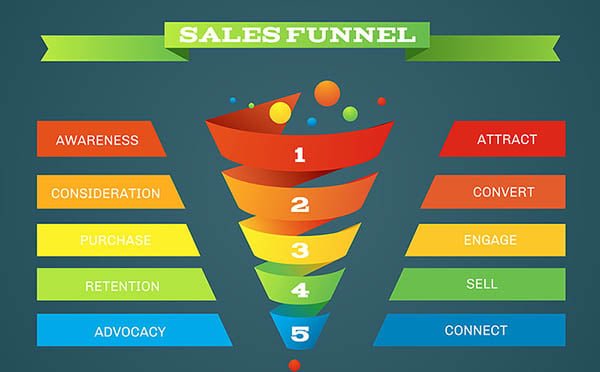The Role of Emotional Intelligence in Leadership

Emotional Intelligence (EI), also known as Emotional Quotient (EQ), refers to the ability to recognize, understand, manage, and influence emotions—both one’s own and those of others. In leadership, emotional intelligence is essential for building trust, inspiring teams, managing conflict, and creating a productive work environment.
Key Points on the Role of Emotional Intelligence in Leadership
1. Self-Awareness
-
Definition: Understanding one's own emotions, strengths, weaknesses, and values.
-
Role in Leadership: Self-aware leaders are more confident, make better decisions, and are mindful of how their behavior impacts others.
2. Self-Regulation
-
Definition: The ability to control or redirect disruptive emotions and impulses.
-
Role in Leadership: Leaders who self-regulate remain calm under pressure, think before acting, and are less likely to make impulsive decisions that may harm team dynamics.
3. Motivation
-
Definition: Inner drive to achieve goals for personal satisfaction rather than external rewards.
-
Role in Leadership: Emotionally intelligent leaders are highly motivated, resilient, and inspire their teams by setting a strong example of commitment and passion.
4. Empathy
-
Definition: The ability to understand and share the feelings of others.
-
Role in Leadership: Empathetic leaders connect better with team members, understand diverse perspectives, and foster a culture of respect and inclusion.
5. Social Skills
-
Definition: Proficiency in managing relationships, building networks, and influencing others.
-
Role in Leadership: Strong social skills help leaders communicate effectively, resolve conflicts, collaborate, and build high-performing teams.
Benefits of Emotional Intelligence in Leadership
-
Enhances team morale and employee engagement.
-
Improves decision-making and problem-solving under stress.
-
Builds trust and strengthens organizational culture.
-
Reduces turnover and enhances job satisfaction.
-
Fosters innovation through psychological safety and collaboration.
Conclusion
Emotional intelligence is not just a soft skill—it’s a critical leadership competency. Leaders with high EI are more effective, adaptable, and respected. They are better equipped to lead with empathy, resolve conflicts, and inspire teams toward shared success








